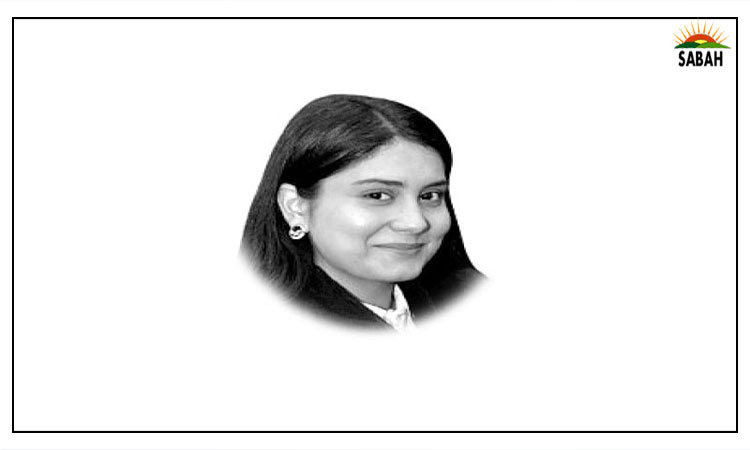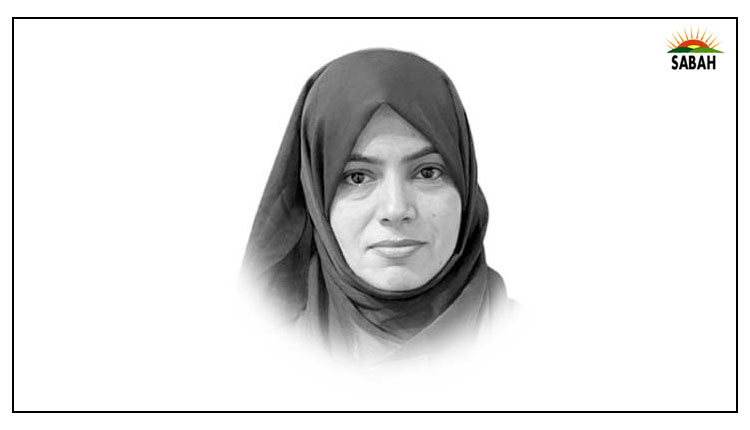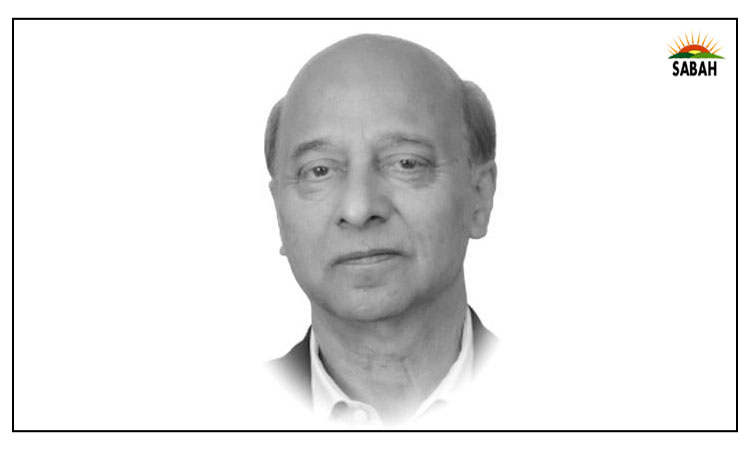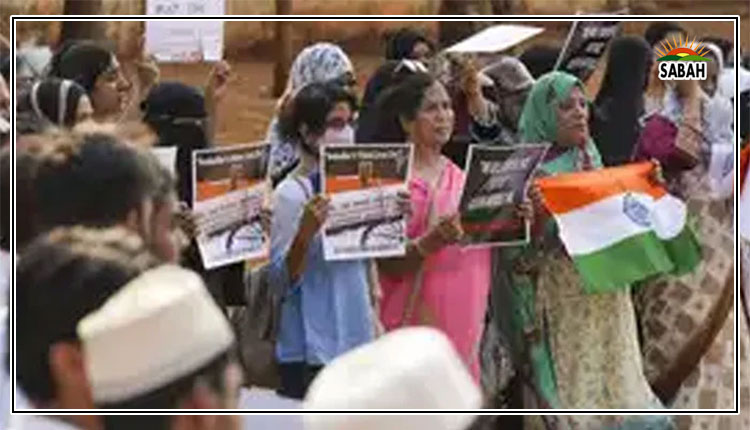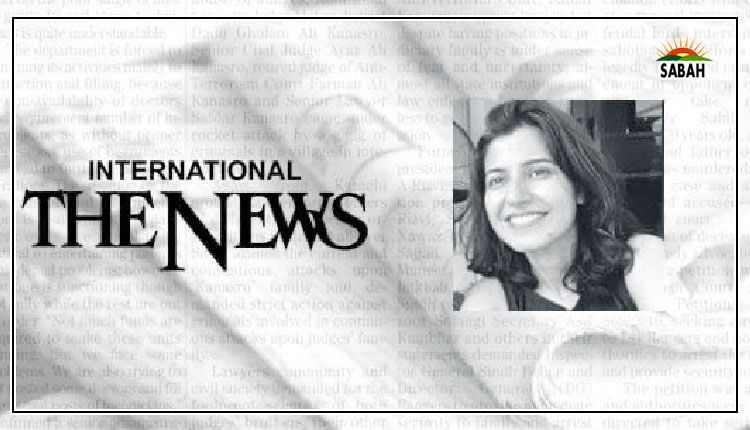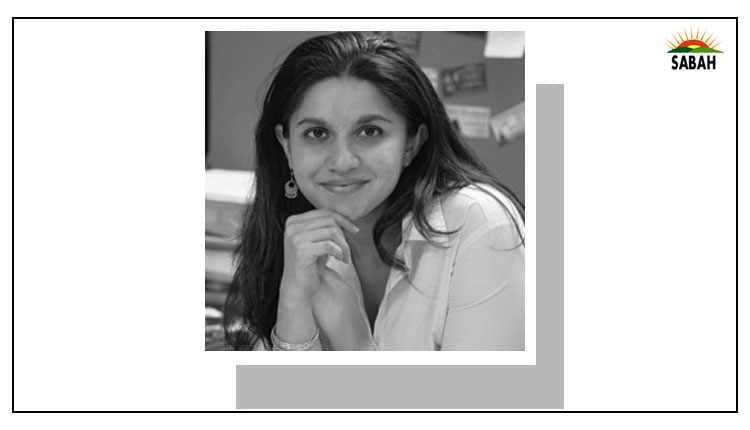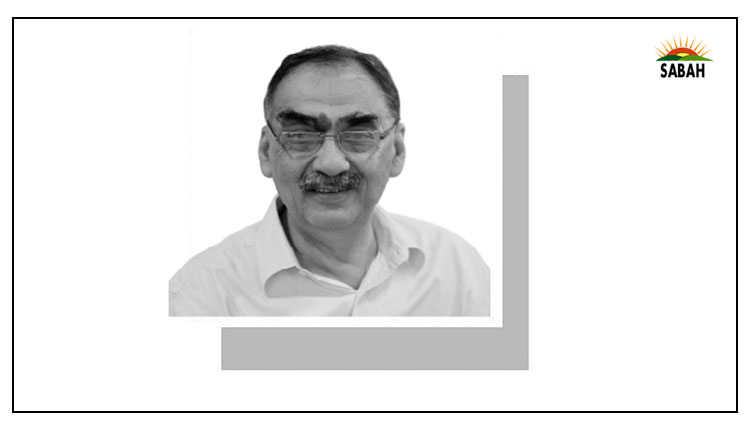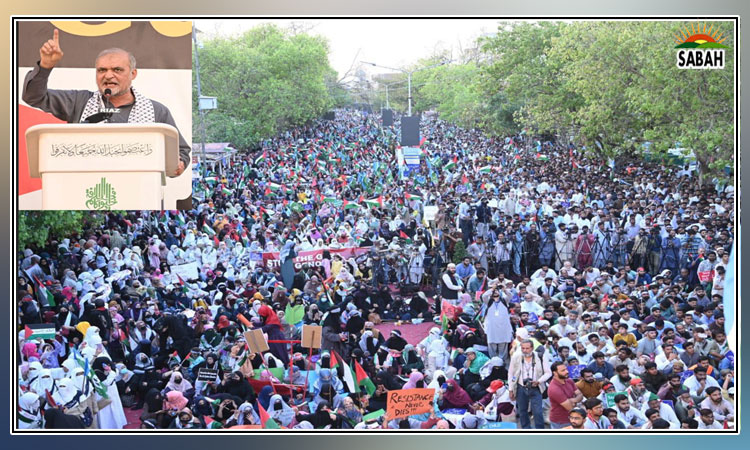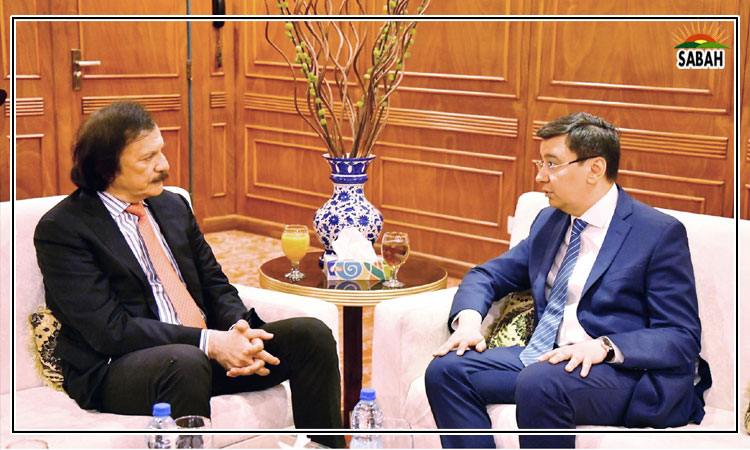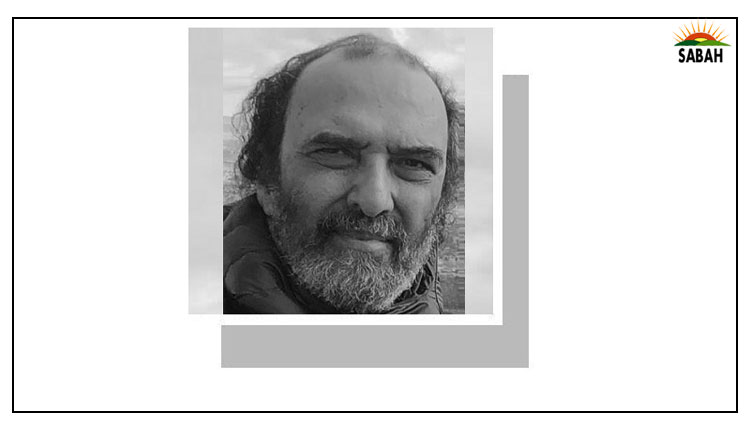A begging bowl to fight poverty…Jawed Naqvi
IF Seymour Hersh is right, and there’s no reason to believe he isn’t, then President Biden has used Turkey’s financial distress to trap President Erdogan into endorsing Sweden’s membership of Nato. In which case, the spirit of Sukhi Lala would be smiling. The wily money lender of Mother India, the 1950s’ movie about rural distress, trapped his debtors with immoral conditions. President Biden, according to Hersh, pledged to provide Turkey IMF’s financial aid worth $11-13 billion in exchange for Ankara’s consent to granting Nato membership to Sweden.
“Biden had to have a victory and Turkey is in acute financial stress”, the journalist quoted “an official with direct knowledge of the transaction” as saying. What bait has Pakistan been lured with, given the business lore that there are no free lunches? Showing up at the IMF’s doorsteps has been a feature of several South Asian countries, however. Sri Lanka is enduring unbearable pain currently.
The transition from physical loot to the relatively invisible hand of plunder via moneylending is just as vicious. If you were inconvenient to the generation of private profit, you were very likely to have to go. Sheikh Shakhbut, the erstwhile ruler of his newly oil-rich Gulf emirate, would keep his money under the pillow so to speak. The old-fashioned Bedouin ruler mistrusted the British rulers, and in particular their banks for eyeing the emirate’s enormous oil wealth. Consequently, Shakhbut was deposed in a palace coup. His lack of zeal to make more money than he needed was his undoing. It was the accepted prerogative of foreign rulers to change native allies who didn’t serve their interests.
The rule hasn’t changed and only intensified ever since. It was not for nothing that Lord Curzon called the Persian Gulf ‘that British lake’. Shakhbut was an absolute ruler replaced by his brother, also an absolute ruler. Therefore, looking for a morality quotient would be unhelpful. Just look to the northern rim of Curzon’s ‘British lake“, where a popularly elected Iranian leader was evicted earlier by a nascent model of the latter-day colour revolutions. Mohammad Mosaddegh, like Shakhbut, mistrusted Iran’s foreign minders, and had expressed the conviction by nationalising the oil industry, ominously annoying its foreign stakeholders.
India is yet to recover from the kiss of death from the 1990s, and Sri Lanka is believed to be headed for a similar abyss.
The minders are unrelenting in their pursuit of distant quarries. If none exists, they create them. One such route was the Gulf crisis of 1990. It threw its net wide and was not just limited to the undoing of Saddam Hussein’s annexation of Kuwait. That expedition became a test of post-Cold War prowess of the victors, militarily and economically. The ensuing oil shock overthrew many an established order.
While Pakistan finds itself with a begging bowl before the IMF, it might want to look over the shoulders. India is yet to recover from the kiss of death from the 1990s, and Sri Lanka is believed by reliable analysts to be headed for a similar abyss. In Pakistan, former Citibank executive Shaukat Aziz was brought in to manage a raging debt crisis. As soon as he demitted office as prime minister in 2007 the ground reality in June 2008 was one of misery for the farmers who were struggling to stave off starvation.
“Food prices are so high and so many peasants in the countryside are killing their children and committing suicides,” Tahira Mazhar Ali Khan wrote in an anguished letter to a newspaper. “Sometimes, when I attend weddings there is no dearth of food. Flower arrangements cost lakhs of rupees. Food is aplenty and comes from Dubai or even as far as New York. While we are eating and enjoying the imported food, many countrymen are contemplating suicides,” wrote the revered activist considered Benazir Bhutto’s political mentor. I have preserved the letter as a reminder that private profit can scarcely solve the grave issues facing South Asian countries. How will the PPP look anyone in the eye having famously promised bread, clothes and houses to the poor once, and now after the IMF loan lays its conditions? In India, farmer suicides have gone past hundreds of thousands since the advent of IMF-advised policies.
My earliest sighting of Pakistan’s relative prosperity in the 1960s was filtered through the ViewMaster, which was presented by an aunt visiting from Karachi. It had 3D slides showing Western tourists enjoying Mohenjodaro, and young men and women sporting the latest Western attire. There was a documentary one saw years later of Queen Elizabeth’s visit as Ayub Khan’s guest that displayed an enviable tapestry of culture and tradition, dance and music on offer. Cousins who came from across the border wore finer clothes than us in a manner of speaking, one possibly shepherded by the nattier dress code of Mohammad Ali Jinnah, the other struggling between Gandhi’s worldview of abstention and Nehru’s tempered interpretation of it.
India was on the verge of defaulting in 1990 when it averted the crisis by pawning gold reserves to the Bank of England. Its next step was to produce Manmohan Singh, and eventually Narendra Modi by handing over the reins of political power to robber barons, known to Rahul Gandhi as crony capitalists. Indira Gandhi had beefed up India’s constitution against precisely such a threat, inserting “socialist” and “secular” in the preamble. The Gulf crisis and the demise of the USSR colluded to dismantle not just Saddam’s regime, but also the Nehruvian idea of India. The occasion was ripe for Singh to chip away at the idea of socialism before Modi was foisted by the business elite that once embraced Singh, to lampoon its secular soul.
There was a time when Afghan women went to universities and were counted among the best dressed in South Asia. Their king patronised Vilayat Khan and Shamta Prasad from India as court musicians. Then the US decided to spend $2 trillion to destroy the country. Pakistan, India and Sri Lanka could be humiliated with far less.
The writer is Dawn’s correspondent in Delhi.
jawednaqvi@gmail.com
Courtesy Dawn, August 1st, 2023


